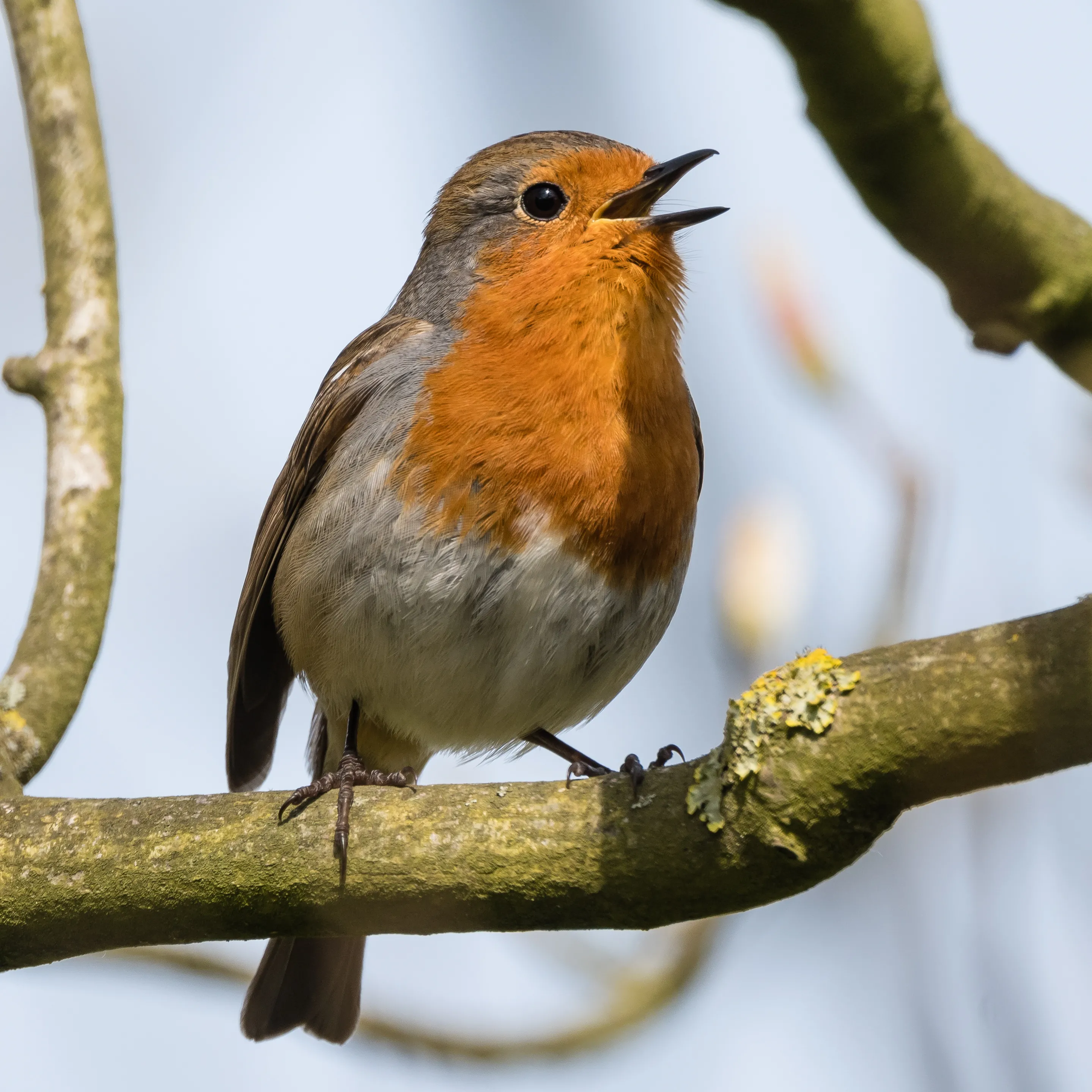In a pioneering new move, the British Trust for Ornithology (BTO) is making decades of breeding bird data freely available to the wider conservation and research community.

When it comes to the UK’s birdlife, BTO has been at the forefront of monitoring population trends for almost a century. Thanks to the tireless contributions of thousands of dedicated, active volunteers from across the UK countries, working alongside BTO scientists and partner organisations, we have a sound understanding of how our wild birds are faring in the modern world.
Breeding Bird Survey (BBS) data are widely used in research and the information has always been available upon request, but now the vast volume of data which includes over seven million records, is to be made freely and openly available.
Published in the journal Global Ecology and Biogeography, ‘The Breeding Bird Survey of the United Kingdom’ represents one of few structured national recording schemes for birds anywhere in the world which makes the information collected by its volunteers wholly available to anyone who wishes to access it.
It is hoped that the significant volume of records will enable researchers, students, ornithologists, and conservation organisations to access the data for use in further work that may ultimately provide better futures for birds and other wildlife.
The BBS is a long-running partnership project involving BTO, JNCC, and RSPB. It gathers data from across the UK and provides ornithologists with details that illustrate any changes in numbers, as well as distribution, of more than 100 of the nations’ commoner birds.
This information, when combined with its predecessor survey, the Common Birds Census (CBC), also contribute significantly to the annual Wild Bird Indicators, which constitutes part of the UK government’s biodiversity framework.
These survey results have highlighted the long-term declines of many of our farmland birds and confirmed more recent declines in our woodland species.
BBS data are critical in creating such important measures as Birds of Conservation Concern (highlighted through the Green, Amber, and Red Lists) and help test which agricultural policies are working effectively for birds.
Dr. Simon Gillings, BTO’s Principal Data Scientist, says “To be able to share this vast amount of material to a wider audience is a real step forward. By making these incredible data, gathered by thousands of volunteer birdwatchers, freely available in one place will allow researchers, conservationists and a wide range of other interested stakeholders, to access decades of invaluable information. This will contribute to shaping our understanding, and ultimately the implementation of greater action to help protect our breeding wild birds.”
Prof. Richard Gregory, the RSPB’s Head of Monitoring, said “The UK has some of the best nature monitoring in the world and making this treasure trove of information available to others will help us answer some of the important questions about why our birds are in decline, and most importantly what we can do to reverse this.”
The published, open access, article can be read here.
BTO is the UK's leading bird research charity. A growing membership and up to 60,000 volunteer birdwatchers contribute to BTO's surveys, collecting information that underpins conservation action in the UK. BTO maintains a staff of 100 at its offices in Thetford, Stirling, Bangor (Wales) and Belfast (Northern Ireland), who analyse and publicise the results of surveys and projects. BTO's work is funded by BTO supporters, government, trusts, industry and conservation organisations. www.bto.org
The Joint Nature Conservation Committee (JNCC) is the statutory adviser to the UK Government and devolved administrations on UK and international nature conservation. Its work contributes to maintaining and enriching biological diversity and sustaining natural systems. www.jncc.gov.uk
The RSPB is the UK’s largest nature conservation charity, protecting habitats, saving species, and helping to end the nature and climate emergency. For over a century the RSPB has acted for nature through practical conservation and powerful partnerships, campaigning and influence, and inspiring and empowering millions of people, including almost 1.2 million members. www.rspb.org.uk
Contact details
Jon Carter (BTO Media Manager)
Mobile: 07585 440910
Email: press@bto.org
Viola Ross-Smith (Science Communications Manager)
Email: press@bto.org
Images are available for use alongside this News Release. These can be downloaded from this link for which you will need to enter the password 2024-30Data. Alternatively, please contact press@bto.org quoting reference 2024-30.